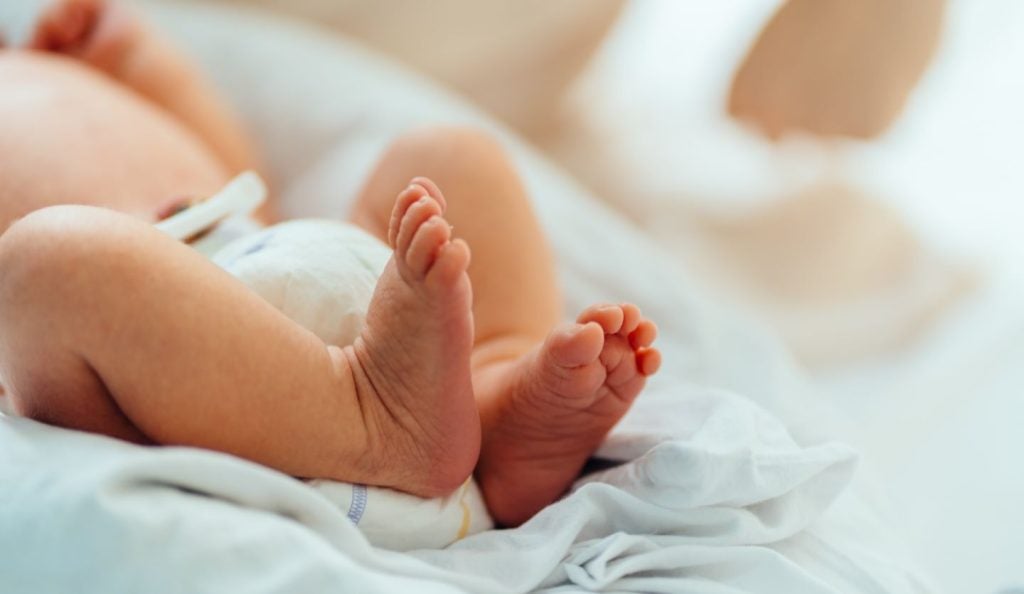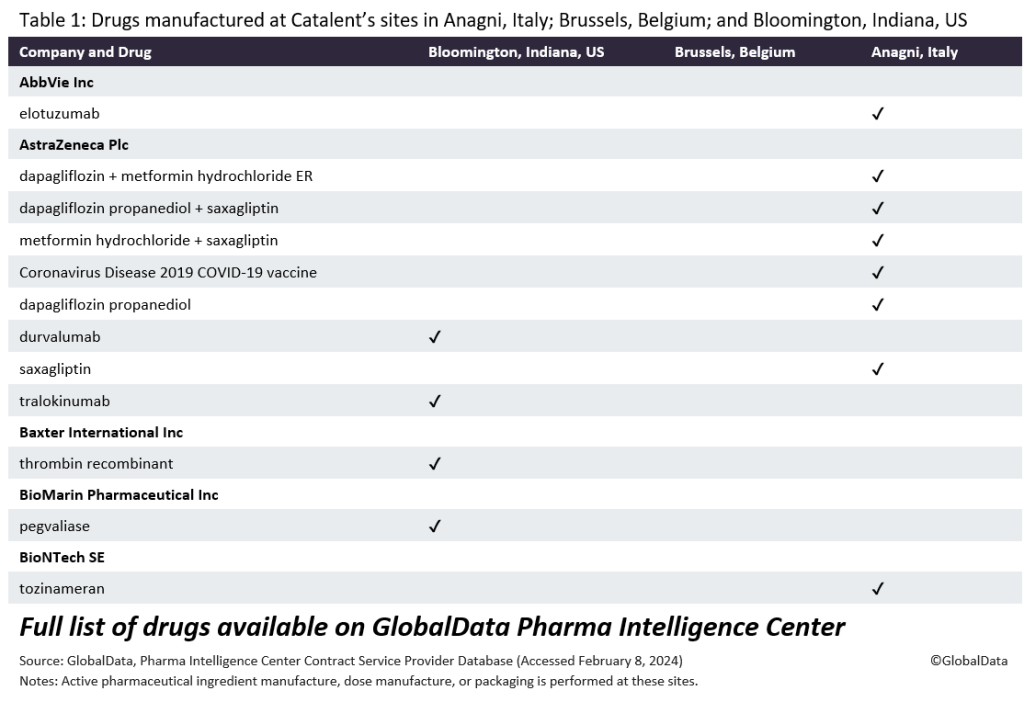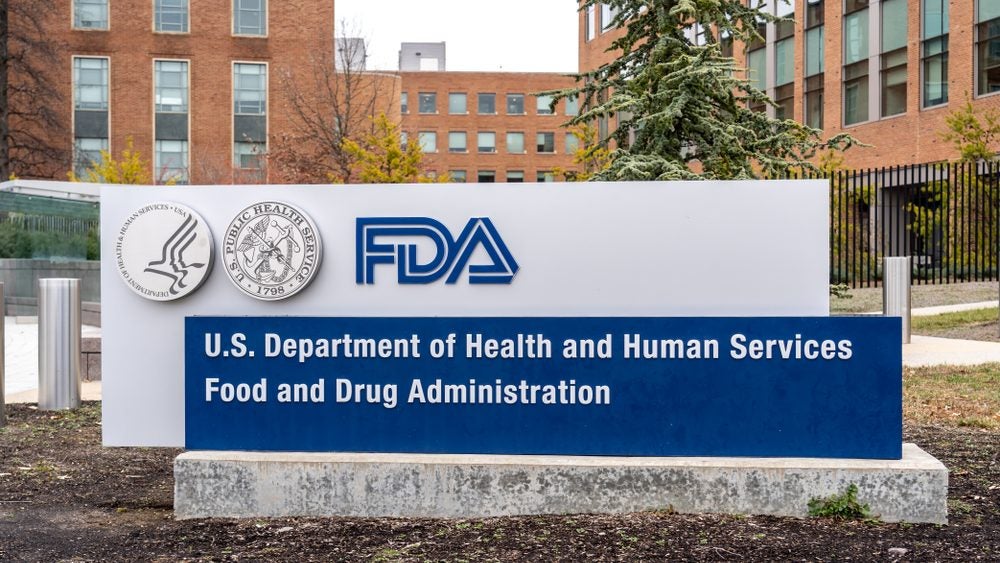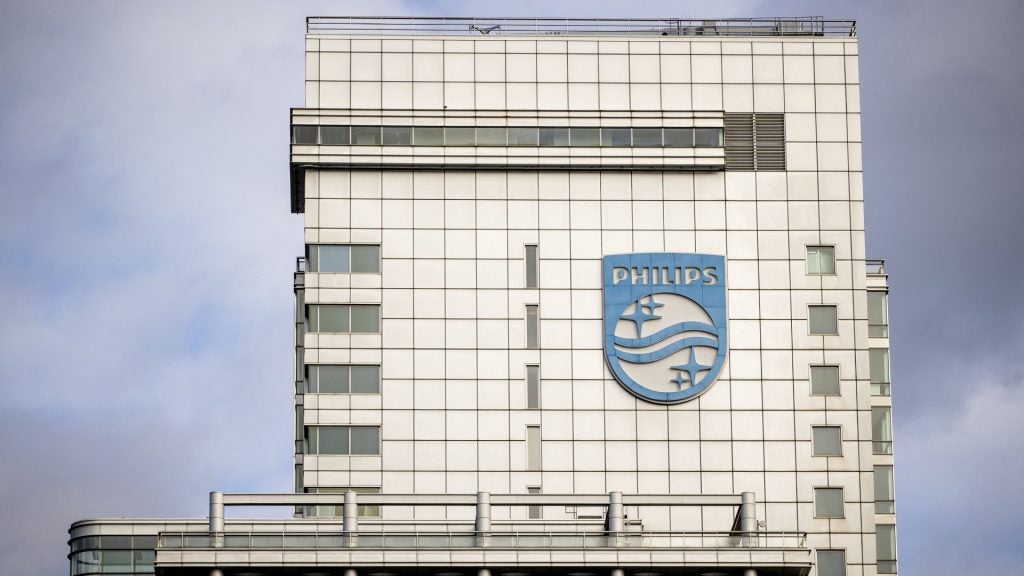The US Food and Drug Administration (FDA) has granted breakthrough therapy designation (BTD) to Johnson & Johnson’s (J&J) nipocalimab for alloimmunised pregnant people at increased risk of increased severe haemolytic disease of the foetus and newborn (HDFN), which can cause life-threatening anaemia.
This investigational therapy is the only one in the clinics for the condition, which occurs when the blood types of the pregnant individual and the foetus are incompatible.
Nipocalimab is a fully human, aglycosylated, effectorless, monoclonal antibody designed to hinder the neonatal fragment crystallisable receptor (FcRn) and reduce levels of circulating immunoglobulin G antibodies.
The regulator granted BTD based on findings from the proof-of-concept, open-label Phase II UNITY clinical trial of the therapy.
The multicentre, international, non-blinded trial assessed nipocalimab's efficacy, safety, pharmacodynamics and pharmacokinetics.
Its primary endpoint was a live birth at or later than a gestational age of 32 weeks, without requiring an intrauterine transfusion throughout the pregnancy.
The study met this primary endpoint with 54% of pregnant subjects.
A small number of severe adverse events were reported in the study. These were found to be in line with events linked to pregnancy, HDFN and gestational age of the infant at birth.
Nipocalimab for HDFN treatment received fast track status in July 2019, orphan drug status in June 2020 from the US regulator and orphan medicinal product designation from the European Medicines Agency in October 2019.
The Phase III AZALEA trial is underway and is enrolling pregnant patients with a history of the condition.
J&J autoantibody and maternal foetal immunology disease area leader and vice-president Katie Abouzahr stated: “Nipocalimab represents a novel approach for the treatment of patients at risk of severe HDFN who need proven, safe, non-surgical solutions to help address the serious health consequences of this condition.
“We are committed to addressing the substantial unmet need in this devastating disease.”
In December 2023, the company signed a licensing agreement with LegoChem Biosciences for the development and marketing of LCB84 in a $1.7bn. deal.














